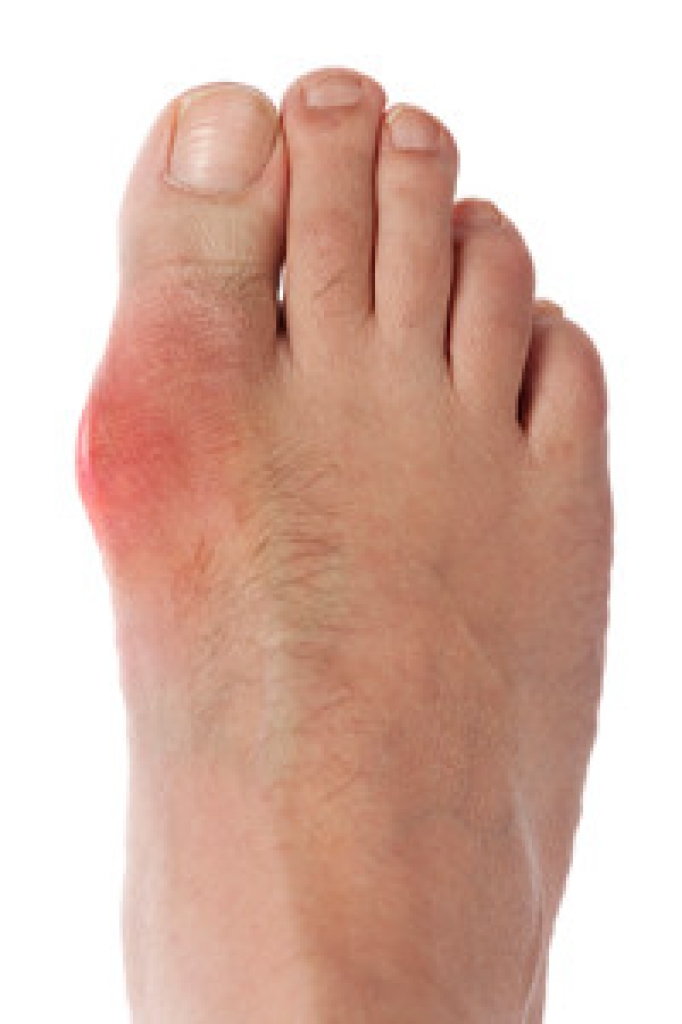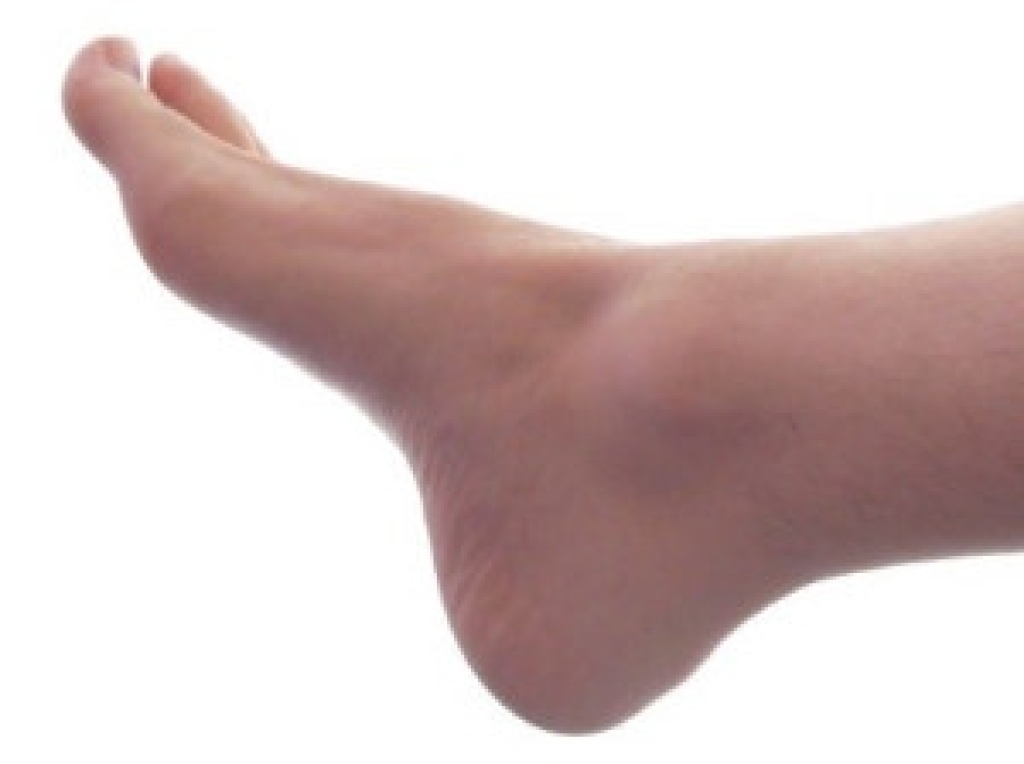 If you are currently living with gout, knowing how to keep your uric acid levels down is absolutely vital in maintaining good overall health. Eating a low-purine diet is something that needs to be done to stay healthy. High fiber and low fat foods are ideal. For instance, drink 1% milk instead of whole milk. Also, eat low-purine fruits like oranges, grapefruits, and kiwi. These fruits produce less uric acid than others. Limiting carbohydrate intake is important as well. Instead of drinking fruit juices, drink vegetable juice. Low-purine vegetables include: cucumber, kale, cabbage, carrots, and beets.
If you are currently living with gout, knowing how to keep your uric acid levels down is absolutely vital in maintaining good overall health. Eating a low-purine diet is something that needs to be done to stay healthy. High fiber and low fat foods are ideal. For instance, drink 1% milk instead of whole milk. Also, eat low-purine fruits like oranges, grapefruits, and kiwi. These fruits produce less uric acid than others. Limiting carbohydrate intake is important as well. Instead of drinking fruit juices, drink vegetable juice. Low-purine vegetables include: cucumber, kale, cabbage, carrots, and beets.
Gout is a foot condition that requires certain treatment and care. If you are seeking treatment, contact one of our podiatrists from Carolina Foot & Ankle. Our doctors will treat your foot and ankle needs.
What Is Gout?
Gout is a type of arthritis caused by a buildup of uric acid in the bloodstream. It often develops in the foot, especially the big toe area, although it can manifest in other parts of the body as well. Gout can make walking and standing very painful and is especially common in diabetics and the obese.
People typically get gout because of a poor diet. Genetic predisposition is also a factor. The children of parents who have had gout frequently have a chance of developing it themselves.
Gout can easily be identified by redness and inflammation of the big toe and the surrounding areas of the foot. Other symptoms include extreme fatigue, joint pain, and running high fevers. Sometimes corticosteroid drugs can be prescribed to treat gout, but the best way to combat this disease is to get more exercise and eat a better diet.
If you have any questions please feel free to contact one of our offices located in Huntersville Office | 16419 Northcross Dr Suite A, Huntersville, NC 28078; Mooresvillle Office | 206 Joe Knox Avenue Suite D, Mooresville, NC 28117; and Mountain Island | 10310 Couloak Drive Suite 200, Charlotte, NC 28216 . We offer the newest diagnostic and treatment technologies for all your foot and ankle needs.

